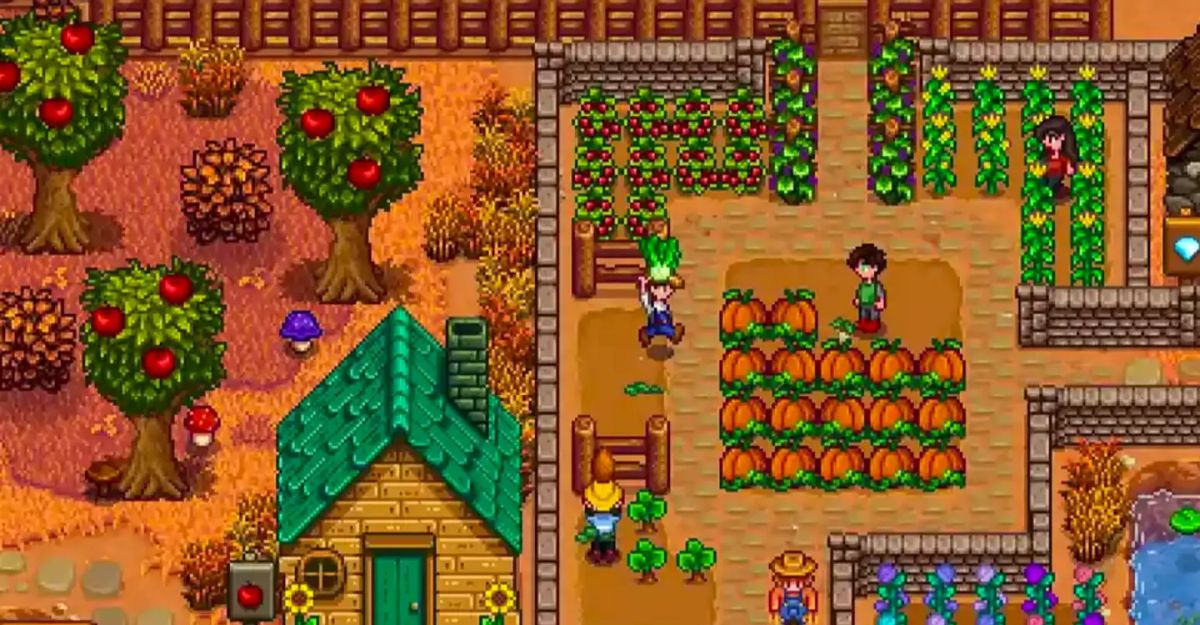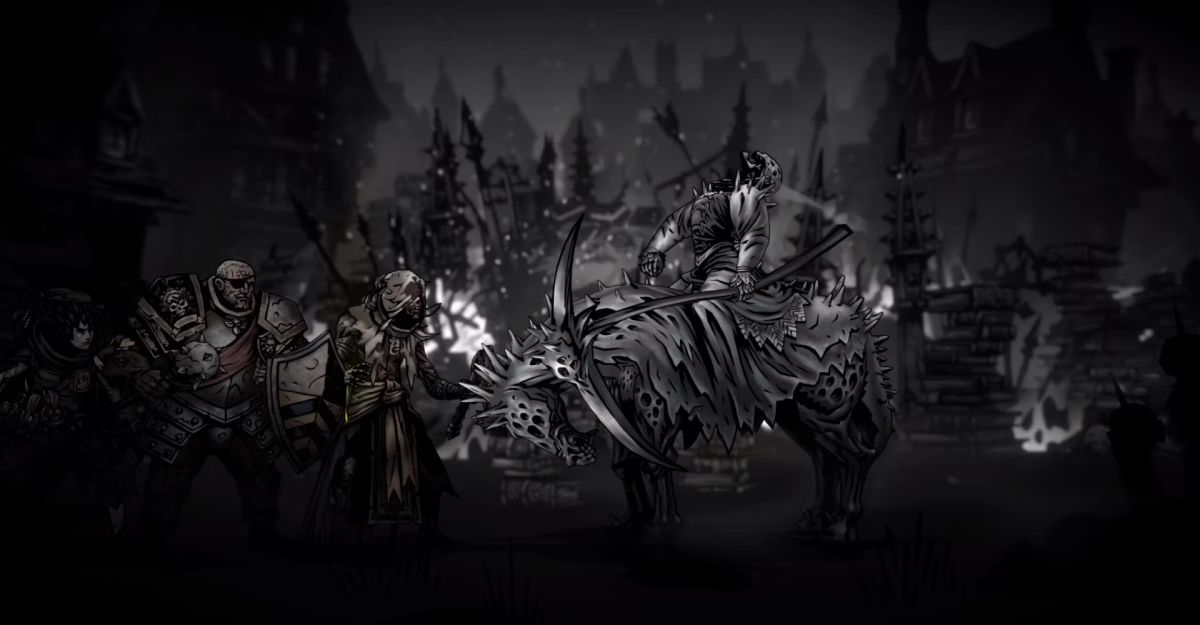It’s been said that Red Dead Redemption 2 ‘represents perhaps the most important intervention into the Western genre of the twenty-first century.’ [1] Far from being dead, this genre has evolved through the years, constantly subverting its own tropes and reinventing itself. Positioning RDR2 within the context of the Western genre and comparing it to the canon it draws from highlights the genre’s ability to welcome narratives that have in the past been excluded, as well as the possibilities present within the medium of video games.
The Rockstar ‘Western experience’ falls into place within the genre like a puzzle piece. Classic and revisionist themes are carefully analysed and interpreted by both the writing and the visuals of the game. It is an ‘experience’ because it involves the spectator in ways that are unique to the medium. Since the game’s release, in 2018, much has been said about the concept of player agency and the mechanics implemented by Rockstar. With respect to the Western genre, however, innovation lies in how Rockstar exploits these mechanics to give credibility and depth to the story.
Take for example Arthur Morgan as he sits on a rock, sick with tuberculosis, and takes long, wheezy breaths. For a few minutes, the character stops responding to the player, who is rendered helpless. This powerful and immersive narrative technique can only be implemented in a video game, and it heightens the impact of the story being told, setting it apart from other works in the genre.
Such mechanics reinforce the themes of the game, which are sometimes typical of Westerns (sometimes stereotypical: like Uncle, the familiar elderly figure of comic relief strongly reminiscent of characters like Stumpy in John Ford’s Rio Bravo) and sometimes looking to figures that have been overshadowed in the past.
Much like one of the contemporary masterpieces of the genre, Andrew Dominick’s The Assassination of Jesse James by the Coward Robert Ford (2007), RDR2 toys with the truth behind legends, the righteousness or senselessness behind violent actions, and dramatic psychological depth. To craft their own version of the Western mythology, Rockstar takes into consideration the genre from its origins to its most recent additions, and picks from many movies and works of literature, incorporating both truth and lies.
Most aficionados will agree that some of the main inspirations were Sam Peckinpah’s crepuscular Western, The Wild Bunch (1969), with its anti-heroes and the gritty disillusionment of a dream that can’t ever be reality, and Once Upon a Time in the West (1968), Sergio Leone’s masterpiece of impending civilisation and doomed outlaws. George Roy Hill’s Butch Cassidy and the Sundance Kid (1969) seems to have left an even bigger impact: the two protagonists can only run so far before their sins (in the form of the Bolivian army) catch up with them.
RDR2’s charismatic bank robbers are sympathetic yet flawed, and they are unwanted by society. This sentiment is central in the story of the van der Linde gang, described in-game as ‘some kind of Robin Hood-Oedipus-communist tale of naivety and betrayal’. The gang-community, built by idealistic outlaws Dutch van der Linde and Hosea Matthews, enforces kindness and love, and rejects oppression — of class, capital, race, or gender — in favour of an egalitarian society. In fact, while the player character(s) closely resemble the classically Eastwoodian white, male, and rough gunslinger, most gang members are in some way marginalised by society or atypical to the genre. For several members of the main cast, the gang is a political refuge, like in the cases of wanted Mexican revolutionary Javier Escuella or Charles Smith, a capable mixed-race hunter who admits that, while he could certainly live by his wits alone, the gang offers him security: ‘This suits me. Sure, I could fall in with another gang, but Dutch… you know. Dutch is different. … He treats me fair. Most of you do. And for a feller with a black father and an Indian mother, that ain’t normally the case.’
The gang’s search for a ‘paradise’ where they ‘don’t have to hide’ in the face of a society that seeks to eliminate irregularities remains only a dream, and its story virtually ends when John Marston exits the doors of his barn to get shot to death by Pinkerton agents, in a provoking visual opposition to John Wayne’s final moments in The Searchers (dir. John Ford, 1956).
The game’s story, following the van der Linde gang from 1899 to 1911, might be described as a family saga. Fatherhood is explored through different perspectives: John Marston struggles with being cast in the role of father to his son with Abigail Roberts, while he and Arthur Morgan lose faith in Dutch, the man who raised them, as Dutch in turn cracks under the pressure of leadership. The topic of Abigail’s motherhood is refreshing in a Western setting, while discussions of fatherhood (explicit or implied through allegories of patriarchy) have been a staple of Western media at least since the days of Howard Hawks’ Red River (1948), in which grizzled rancher Thomas Dunson takes a young, orphaned boy under his wing. While Red River reaches a peaceful resolution, the core tension between the tyrannical father and the son who ‘betrays’ him is what makes it memorable. Family and betrayal are also closely linked in the Australian Western The Proposition (dir. John Hillcoat, 2005), as well as in television miniseries Godless (2017).
Interestingly, the antagonistic outlaws in the game reject the inclusive composition of the gang, openly mocking Dutch for his egalitarian ideals. There is an inherent queerness in the make-up of this family: Dutch and Hosea, affectionately dubbed ‘the curious couple’, raised Arthur Morgan and John Marston as their sons, teaching them to read and giving them a home, while aging ex-prostitute Susan Grimshaw acts as the ‘undisputed boss and arbiter of justice’[2] in a camp that hosts drifters of all sorts, bound together by the promise of unconditional love.
This unconventional gang and the elevation of a love that is freeing when opposed to the laws of society are reminiscent of works such as Annie Proulx’s Brokeback Mountain (1997), in which cowboy lovers Jack Twist and Ennis del Mar search for a ‘paradise’ that no longer exists outside of a world that discriminates against them, and Days Without End (2016), which brings to light themes related to power, race, gender, and sexuality. Wilfully ambiguous, the protagonists of Sebastian Barry’s novel raise a family that defies the rules of heteronormative society, with a Native American daughter that they subtracted from the ruins of a battlefield. These works of literature trace a new sort of dynamic in the narrative world of the Old West, using a well-known backdrop to explore previously untapped possibilities.
This thematic choice in RDR2 is reinforced by the innovative camp mechanics that are unique to this game, which allow the player to get to know each member of the diverse cast of the van der Linde gang at their own pace. In the role of Arthur, the player can witness the gang as a unit through events like parties and impromptu sing-alongs, as well as conversations that can take place even without Arthur’s presence. The tragedy of RDR2 and the gang’s impossibility to thrive in the margins of society are enhanced by the feelings of attachment and involvement that the game’s mechanics evoke.
With great lucidity, Rockstar pays a loving homage to the tradition and to the mythology of Western films. Sweeping landscapes, the longing for a past that doesn’t exist, themes of revenge, fatherhood, race, civil war and civil rights, violence committed and endured, the truths and lies of myths, the roles of men and women and their reversal, trains and cattle and guns — the game is rich with intertextuality, and wants to engage in a sophisticated conversation with the Western and all its paradigms. The van der Linde gang is not a point of arrival, but the natural continuation of a genre that will keep surprising its audience.
[1] John Wills and Esther Wright, eds. Red Dead Redemption: History, Myth, and Violence in the Video Game West. Vol. 1. University of Oklahoma Press, 2023, p 2.
[2] Piggyback. Red Dead Redemption 2: The Complete Official Guide Collector’s Edition, UK, Piggyback, 2018.
Image: Ernesto Merlo



